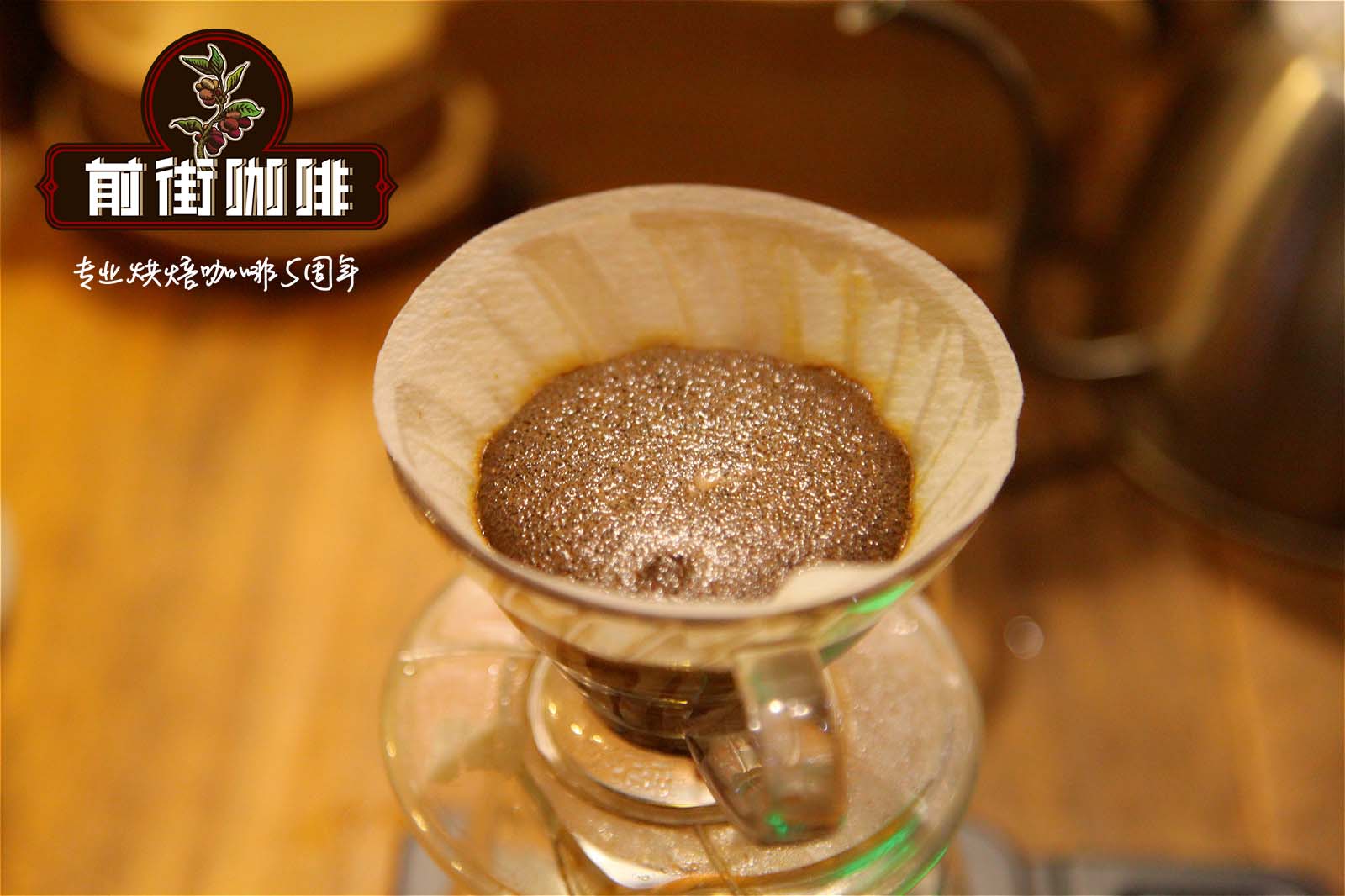Introduction of Fine Coffee production in Ferro Ferro Manor, Brazil _ Coffee Flavor in Cerrado, Brazil

Professional coffee knowledge exchange more coffee bean information please follow the coffee workshop (Wechat official account cafe_style)
There is no doubt that the variety of coffee, geographical and climatic environment, soil texture, planting techniques, harvesting and processing methods, like the results from the land, will directly affect the quality of raw coffee beans. This time in Brazil, I experienced the exquisite coffee agriculture different from Taiwan, Ethiopia and Panama. Apart from being an eye-opener, my physical experience was also attached to the flavor field that fascinated me. Brazil, the world's largest coffee producer, accounts for 30 per cent of global coffee usage if it covers "commercial" and "boutique" coffee. In addition to the original conditions such as climate and geographical area, the "industrialization" of Brazilian coffee has created today's huge national income and benefits.
Brazil
Brazil mainly grows Arabica Burbon and Catuai species. The yield of these beans is higher than that of many varieties. The Cerrado area visited this time is not between 900m and 1100m above sea level in Taiwan, but there is a certain gap with Ethiopia and 1800m in Panama. On the other hand, almost all the manors we visited adopted "plain planting", with no shade trees to facilitate mechanical harvesting, minus labor costs.
Based on the law of global industrial capitalization and the conditions of the national geographic economy, Brazilian farmers choose coffee whose output is greater than its output value. At the expense of certain techniques, it helps to increase the flavor and quality of coffee, such as providing "shade" to increase the sugar content of fresh fructose, and "selective manual picking" of bright red or purple fresh fruit. Leave unripe and overripe fruit on the tree to increase the cleanliness of raw beans. At first, I was quite shocked by such an industrial alchemy process. Seeing the uneven color of fresh fruit and rubbing stones and branches, I think of the flavor of "wheat husk" and "dirt" rather than the "nut" and "chocolate" tone of fine Brazilian coffee.
Brazil
After visiting the processing plant in the manor, I realized that the local coffee industry in Brazil generally has incisive and layer-by-layer post-processing technology and equipment to make up for the rough picking. Through the physical screening machine and water gravity classification, the inconsistent fresh fruits, stones and leaves are separated, and then treated by the sun or washing, and even the raw beans are screened by a large color sorter to remove the raw beans with inconsistent colors, resulting in the clean flavor of fine Brazilian coffee.
BRAZIL FAZENDA CHAPADAO DE FERRO ESTATE CAFEBRAS NATURAL CATURRA
Brazilian Coffee Ferro Manor Coffee Braz processing Station Solar Micro-batch Kaddura Fine Coffee
Origin: Cerrado, Brazil
Bean seed: Caturra
Processing plant: Cafebras, Fazenda Chapadao de Ferro
Altitude: 1265 meters
Handling method: Natural
Picking and processing time: 2016 / 10 / 2017
Baking degree: Light
Hazelnut, raspberry and honey are sweet
Ruvaldo Delarisse, the operator of Ferro Manor and the eldest boy of the family, inherited his grandmother's land. His parents are conscientious coffee growers, and under the influence of his parents, he chose the path of coffee growers at the age of 17, focusing on coffee cultivation. Ruvaldo Delarisse thinks it's his bounden duty. The current farm began in 1984 with an area of 350 ha (coffee cultivation area of 270 ha). Because she was so devoted to the operation and management of the farm, his wife always complained, hoping that he could spend more time with his family. But he is so addicted to coffee cultivation that he admits to being unfair to his family. Ruvaldo Delarisse is a perfectionist, and his father's early death made him more hardworking and responsible. Careful operation and management is also rewarding, winning numerous awards in various competitions. He also won the championship frequently in the regional competition. He and his mother always owe the prize to their father in heaven. Countless awards give them great confidence and make them believe that there will be something in return for their efforts. It is their life pursuit to grow excellent coffee.
END
Important Notice :
前街咖啡 FrontStreet Coffee has moved to new addredd:
FrontStreet Coffee Address: 315,Donghua East Road,GuangZhou
Tel:020 38364473
- Prev

Brazilian Coffee Map | introduction of 14 coffee producing areas and varieties in Brazil _ how about Brazilian boutique coffee
Professional coffee knowledge exchange more coffee bean information Please pay attention to the coffee workshop (Wechat official account cafe_style) Brazilian coffee does not seem to have a very good reputation, it is often heard that its weight rather than quality. In fact, Brazilian coffee has many little-known features. Bruna Costa, the founder of It Caf, is a coffee fan and coffee producer. He grew up
- Next

Minas-Aguas Claras Water purification Manor, Brazil-how much is the Brazilian yellow bourbon coffee bean?
Professional coffee knowledge exchange more coffee bean information please follow the coffee workshop (Wechat official account cafe_style) CHACAL Brazil yellow bourbon (Yellow Bourbon) is located in llicinea, Minas, Brazil, it is a fine coffee produced by Aguas Claras farm. This area has very good water quality, so good coffee can be grown. Brazil yellow bourbon
Related
- Detailed explanation of Jadeite planting Land in Panamanian Jadeite Manor introduction to the grading system of Jadeite competitive bidding, Red bid, Green bid and Rose Summer
- Story of Coffee planting in Brenka region of Costa Rica Stonehenge Manor anaerobic heavy honey treatment of flavor mouth
- What's on the barrel of Blue Mountain Coffee beans?
- Can American coffee also pull flowers? How to use hot American style to pull out a good-looking pattern?
- Can you make a cold extract with coffee beans? What is the right proportion for cold-extracted coffee formula?
- Indonesian PWN Gold Mandrine Coffee Origin Features Flavor How to Chong? Mandolin coffee is American.
- A brief introduction to the flavor characteristics of Brazilian yellow bourbon coffee beans
- What is the effect of different water quality on the flavor of cold-extracted coffee? What kind of water is best for brewing coffee?
- Why do you think of Rose Summer whenever you mention Panamanian coffee?
- Introduction to the characteristics of authentic blue mountain coffee bean producing areas? What is the CIB Coffee Authority in Jamaica?

